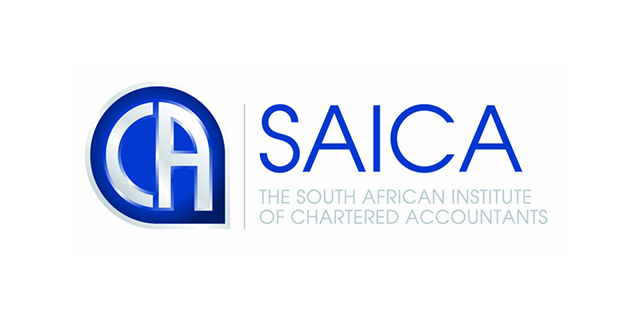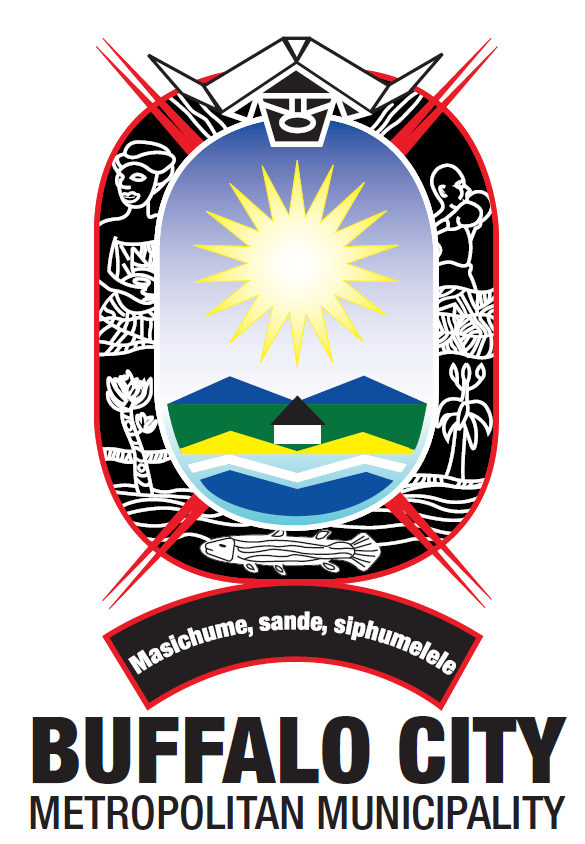Career specialisation versus career generalisation
We often find ourselves at different stages of our careers having to make decisions that will take us to the next level. Those decisions can vary from a career change to a career focus. In this particular instance we will be dealing with career specialisation versus career generalisation. One may ask themselves firstly, what the difference between the two is. Career specialisation refers to an individual that follows a particular career path where they develop in depth skills in a specific area of a career field, for example a general nurse versus an oncology nurse. This individual studies general nursing and then studies further and develops a specialisation in the nursing field focusing on oncology. Then when defining career generalisation we can say developing a wide range of skills within a career field, you can call this route becoming a jack of all trades with reference to your career. There are pros and cons to each route one takes so it is key to make a decision with as much understanding of the 2 as possible.
What do you want to do?
It is important to ask yourself what it is exactly that you want to do. It is very important to plan your career path, because that will assist you when you are making major or difficult career decisions. You need to be clear about what you want to do in your career and how you want to do it, that’s why a career plan is critical. Your career plan will assist you in deciding whether you wish to specialise or generalise. If you want to develop fine-tuned expertise where your skill set zones into something specific you can consider specialising but also understand that you may be quite limited in what you can do within your field. That being said, if you want to develop skills that can be used in a variety of ways also in a variety of areas in your field, generalising would be a good idea.
It also important to note that the skills you develop may be too general leading to a point where your expertise become vague or ambiguous. This can also put you at a disadvantage. None the less you have to be clear about which route you wish to follow in your career. For example if you wish to be a consultant you may want to specialise in a specific area, especially one that is in demand has many prospects for obtaining meaningful work. On the other hand if you would like to move up the corporate ladder into areas of management you may want to follow a more generalised career path so that you are exposed to various areas of your field which will in turn contribute to your managerial capabilities.
Competition and job security
It is clear that the different career focus options can lead you to different aspects of the job market. You can either find yourself in a very competitive environment or a less competitive environment. You need to ask yourself as an individual which prospects you have the most appetite for. If you are specialising you may find yourself in an environment with very limited job security because your work activities either become redundant or end up computerised leaving you out of a job. Ask yourself if you would have the ability to rise up and develop a new skill or specialise even further into a skill set that cannot be computerised at that time. Then if you generalise you may find that there are many of you looking to follow the same career decision, this will put you in a highly competitive environment. Ask yourself if you are a competitive individual and if you have the stomach for such an environment.
At the end of the day, you really need to choose a path that will best suite you and your career aspirations. You need to select a career focus that will bring you career satisfaction and will enable you to follow a career path that resonates with who you are, what you want to achieve and how you wish to achieve it. Each career focus has its own pros and cons, it all depends on you and your preference.


























